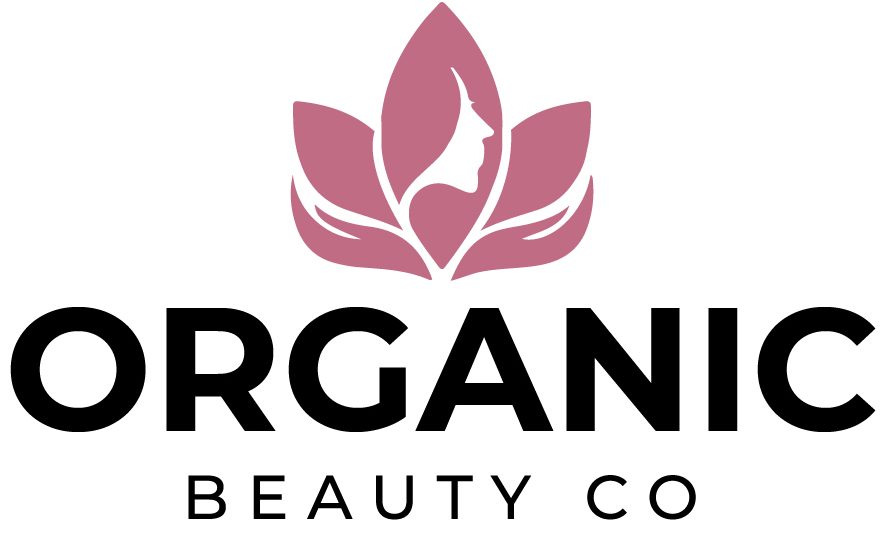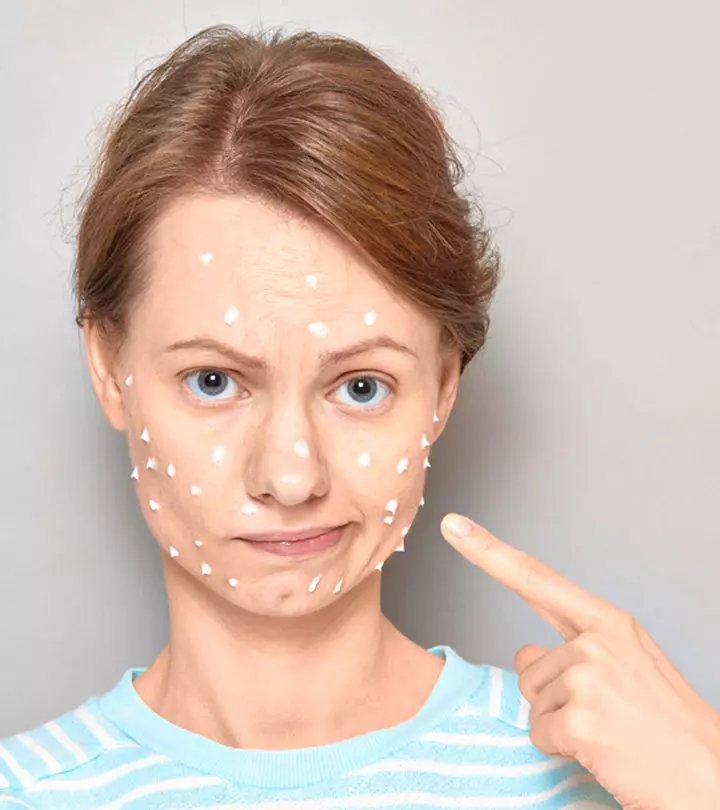One morning, you wake up to find a new scary zit on your otherwise flawless skin. What should you do? Perhaps you’ve heard friends and coworkers use toothpaste to eliminate their pimples. Is it possible? This could mean you won’t need to purchase another skincare product.
This article explains everything you need to know about toothpaste and pimples. Continue reading to learn more.
Although toothpaste might seem like a cost-effective treatment for pimples in the short term, it can cause serious side effects over time. It can also cause allergic reactions and other adverse reactions.
Toothpaste can give the illusion that it will heal a pimple by drying out the skin. This may seem appealing, but it can also pose risks. Toothpaste is meant to be applied to the hard enamel of teeth and contains hard chemicals such as alcohol. These chemicals can dry out your skin and irritate it.
Toothpaste can also increase your risk of developing cancer. Toothpaste may contain ingredients that could pose a danger. These ingredients are discussed in the next section.
Toothpaste Ingredients
Common ingredients in toothpaste include triclosan (SLS), sodium lauryl-sulphate, glycerin (GLS), fluoride () and sodium hydrogen carbonate.
Before being used in toothpaste, these ingredients have been thoroughly researched and are deemed safe to clean your teeth. The same cannot be said about your face’s soft and supple skin. Baking soda can cause your skin to become acidic, causing it to become inflamed.
Let’s now see what science says about using toothpaste to treat pimples.
What Does Science Have to Say?
Toothpaste can’t kill bacteria that cause pimples. Toothpaste was not intended to be applied to the skin. You may experience a long-term adverse effects on your skin. No evidence has been presented to support the claim that toothpaste can treat acne. It is unlikely that your dermatologist will recommend it.
Let’s examine the reasons toothpaste can’t treat acne.
- Toothpaste may contain drying agents such as alcohol.
Toothpaste can also contain alcohol. Evidence suggests that longer-term alcohol exposure to the skin can dry it out.
- Toothpaste Contains Triclosan
Triclosan, another ingredient in toothpaste, is also used. It can cause skin irritations and allergic reactions if it is applied to the skin. It is used most commonly as a preservative and can cause skin irritation.
According to the FDA, it is now illegal for triclosan to be used in soaps or body washes. Because of its ability to combat plaque and other oral diseases, toothpaste is still allowed.
Toothpaste used to treat acne can only cause more damage. Are there other options? What can you do for your acne?
What can you use to treat acne?
Accredited acne spot treatments are the best way to deal with acne. These treatments are approved and can be used without side effects such as rashes or allergic reactions. Due to its bactericidal qualities, benzoyl peroxide is used in most treatments. For more information, consult your dermatologist.
The following are some other options for treating acne:
- Acne-Specific Products
Look for acne-specific products. These products may contain topical retinoids. These products can be purchased at any pharmacy or over the counter.
According to the American Academy of Dermatology (AAD), you should cleanse your skin with mild soap and then apply 2.5% benzoyl-peroxide cream to the affected areas.
Sulphur-based treatments may also be used to treat acne. Salicylic acid, which can counteract the damaging effects of acne, can also be very effective for your skin.
- Natural Home Remedies
Tea tree oil is a popular acne treatment. Tea tree oil can be used to treat acne. Tea tree oil is strong, so only a few drops will be enough to reduce the appearance of the blemishes. It can also be used as a spot treatment.
White willow bark is another effective treatment that can be used to treat acne.
According to some reports, products that contain clay and charcoal may help with acne. Before using clay or charcoal to treat acne, consult your dermatologist.
Toothpaste is not recommended for the treatment of acne. It can also pose some risks. In the next section, we will briefly discuss them.
What are the risks of using Toothpaste for Acne?
Your acne may dry out if you use toothpaste. Your body may overproduce skin oils, which can lead to your skin returning to its natural state. This could eventually lead to more severe acne.
Toothpaste may also contain other chemicals that can prevent tooth decay and kill bacteria. These chemicals can cause skin reactions. The skin’s softness and texture can be affected if it is too dry. Toothpaste chemicals are strong enough to clean enamel on your teeth but may not be suitable for your skin.

